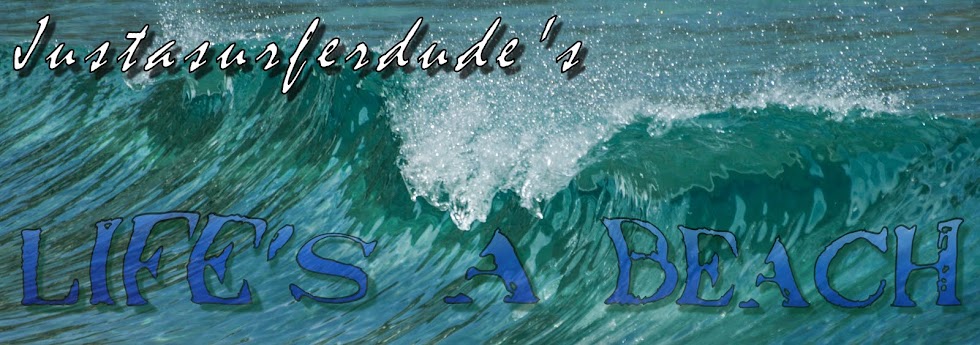

Like many places in Africa where you want to buy something, it is much better to take a local with you when you are a mzungu in Tanzania looking for fresh fish. If you do not know what a mzungu is, then you have obviously not been to any of the East African countries before. Any local vendor, no matter what they sell, curios, art, fish, whatever, will try and get more out of you when they see you are not from their country. We do exactly the same in South Africa when we see tourists coming. In Africa European tourists stand out like a sore thumb from the locals, so they see you coming from a mile away. Today went to the local fish market in Dar-Es-Salaam looking for fresh fish. Once you have been to the market with a local and you feel confident enough knowing how the system works, then you can try buying fish on your own. The chances are however that you are still going to get ripped off, but to a lesser extent than going there alone for the first time. I say "ripped off" because you pay more than the locals, but the price is still much lower than you would pay for the same item in South Africa. So I shouldn't sound like I am complaining and I guess I'm not. I am not an European in the true sense of the word, and I have had better deals in Africa because I am also an "African". The "Madiba" and "Bafana Bafana" connection usually helps, but in general I am seen as a mzungu so the treatment is mostly more or less the same than what any true European can expect to receive.

When you get to the fish market you cannot help but lurch back into the car when you get the first smell of fish, but unlike the smell the fish is usually fresh and you will not be disappointed once you've managed to get the "best deal". You have to know where to go, because Casta (or whatever his name was) explained to me the logic in the chaos after he convinced us (actually he just never gave up on us as potential customers) to buy fish from him and why there were two places where fish were being sold. On your arrival you are met by tons of desperate fish sellers all trying to convince you that they can give you the best price. The problem is that the best price is also their "
mzungu price", and that is, needless to say, more than what the locals pay. I asked Casta what the difference is between the two places where they were selling fish. Without thinking he told me that the one place is where "
the people with less money buy" and the other place is...well...he stopped. After confronting him with: "
So is this where the msungus buy then?", he just got a smile on his face knowing that he has just revealed the "African secret". Something which is for many years not a secret anymore,
mzungus (or
wazungu which is the actual plural for
mzungu) in Africa pay more.

The market has everything smelly you can think of. Even though the crayfish and tiger prawns looked stunning, we didn't have much money on us and settled on fresh tuna. We were handed the largest tuna I have ever seen in one piece (I am more familiar with the pinkish round ones you find in cans), but later settled for two smaller versions of the same species. For an extra 1000 Tanzanian Schilling (TZS) they clean it with a matchete. It is amazing how someone can clean and fillet a fish with such finess and not lose one or two fingers in the process. With all the fish blood I don't even think the finger would be found on the floor with the rest of the day's fish guts. Now you know where the smell comes from...and why my pair of jeans were soaked from the bottom up with a fishy smell that would attract sharks over a distance of a thousand sea miles. We paid 30 000 TZS (approx 20 USD), filleting included, and even though we knew we could get this for much less with a local's help, we gladly paid for it. Besides, it our way of giving something back to the friendly people of Tanzania.



No comments:
Post a Comment